Tag Archives: Banks
CFPB May Let You Sue Your Bank Instead Of Going To Arbitration
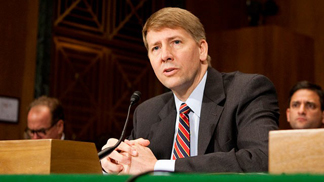
“Consumers should not be asked to sign away their legal rights when they open a bank account or credit card,” CFPB Director Richard Cordray said. “Companies are using the arbitration clause as a free pass to sidestep the courts … ” In a first step toward potential new rules, the CFPB is publishing an outline of proposals under consideration in preparation for forming a small business review panel to gather feedback from industry stakeholders. … [New rules would apply to] credit cards, checking and deposit accounts, prepaid cards, money transfer services and several types of loans. Read More ›
CFPB To Consider Rules That Would Revoke Banks’ “License To Steal”
by Chris Morran, Consumerist
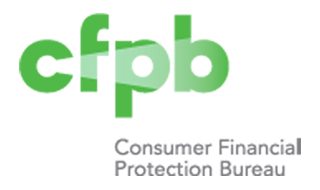
Earlier this year, the Bureau released its first report on arbitration in the financial products sector. It found that while the clauses are incredibly prevalent — 92% of prepaid debit cards and 88% of cellphone contracts use them — most consumers are completely unaware if they are affected. According to the CFPB, of those Americans constrained by arbitration agreements, fewer than 7% understood that this meant they had given up their right to file a lawsuit. “Consumers should not be asked to sign away their legal rights when they open a bank account or credit card,” said CFPB Director Richard Cordray in statement. Read More ›
Oakland Sues Wells Fargo For Predatory Lending Against City’s Black, Hispanic Residents
by Mike Blasky, Oakland Tribune

City Attorney Barbara Parker said the bank targeted minority borrowers — including churches — for predatory mortgage loans in violation of the Fair Housing Act and California’s Fair Employment and Housing Act. … Parker on Tuesday said no bankers were held personally responsible for the foreclosure crisis, which in part forced Oakland to lay off 80 Oakland officers in 2010 and make drastic cuts to other departments. Read More ›
Banks Continue To Improve Consumer Safeguards, But Progress Isn’t Coming Fast Enough
by Ashlee Kieler, The Consumerist
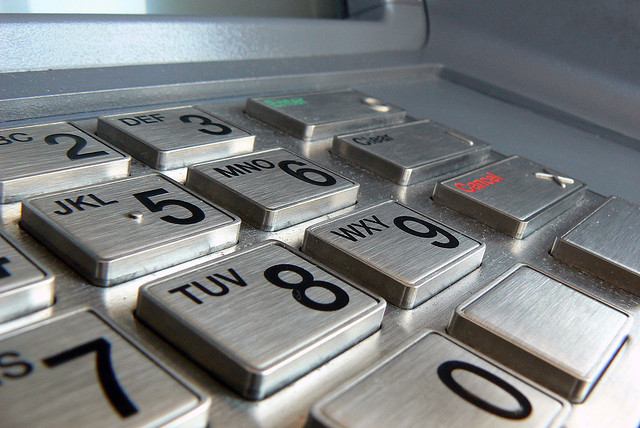
Opening a checking account with a bank is a rite of passage of sorts for many consumers, but the plethora of small-print disclosures, fees and other services are enough to confuse even the most seasoned account holder. While banks attempted to simplify their practices over the years, a new Pew Charitable Trusts report shows that some banks – and regulators – have a long way to go before they’re truly doing everything they can to protect consumers. Read More ›
70 Million Americans Report Stolen Data
by Donna Tapellini, Consumer Reports

While some of those incidents may have resulted from stolen credit cards or other crimes, many stemmed from data breaches. And, as a slew of widely reported breaches last year showed, not only online shoppers are at risk. According to Consumer Reports’s survey, 79% of those notified of a data breach were told by a brick-and-mortar store or a financial institution. Just eighteen percent said the problem originated with an online retailer. Read More ›
L.A. Sues Wells Fargo, Alleging ‘Unlawful And Fraudulent Conduct’
by E. Scott Reckard, Los Angeles Times

The civil complaint, filed Monday in state court in Los Angeles by City Atty. Mike Feuer, says the largest California-based bank encouraged its employees to engage “in unfair, unlawful and fraudulent conduct” through a pervasive culture of high-pressure sales. Employees misused customers’ confidential information and often failed to close unauthorized accounts even when customers complained, the suit alleges. … In addition to charging fees on unwanted accounts, San Francisco-based Wells Fargo harmed customers by placing them into collections based on unauthorized withdrawals and reported damaging information on their credit reports … Read More ›
Data Broker Is Charged With Selling Consumers’ Financial Details To ‘Fraudsters’
by Natasha Singer, New York Times
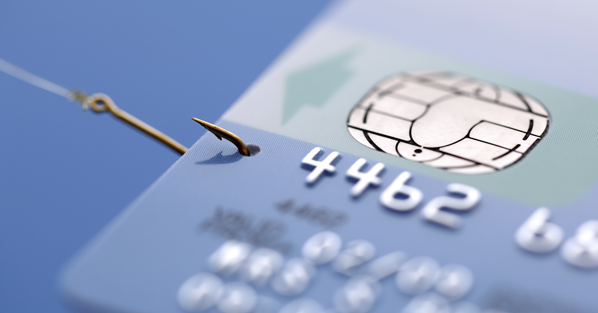
This week, the Federal Trade Commission filed a lawsuit claiming that a data broker in Nevada sold intimate details about several hundred thousand people, including their Social Security numbers and bank account numbers, to marketers and other companies that had no legitimate need for that data. Read More ›
CFPB: College Credit Card Agreements On Decline; Debit, Prepaid Card Agreements Increase
by Ashlee Kieler, Consumerist

Now, instead of signing onto agreements for the more regulated credit cards, [banking institutions and colleges] are focusing on debit and prepaid cards, which generally have fewer consumer protections. In fact, a report from the Government Accountability Office earlier this year found there were at least 852 schools that had agreements with companies to market debit or prepaid cards to students in 2013. Read More ›
CFPB Stretches Bank Rules to Cover Prepaid Cards, Mobile Payments
by Sheryl Harris, The Plain Dealer (Cleveland, Ohio)
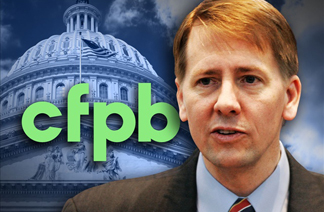
“Many of these prepaid consumers are living paycheck to paycheck, and are engaged in a constant battle to make ends meet,” said CFPB Director Richard Cordray in remarks prepared for a field hearing Thursday. “They are some of the most economically vulnerable among us, and most of them have no idea that the prepaid cards they choose to purchase are largely unregulated.” … Many prepaid card issuers broadened consumer protections and trimmed fees as they came under increased scrutiny from the bureau. Read More ›
Court Orders Wells Fargo to Repay Debit Card Holders over Fees
by Bob Egelko, San Francisco Chronicle

The Ninth U.S. Circuit Court of Appeals in San Francisco upheld a federal judge’s decision that the bank had misled customers about how the fees would be calculated. A lawyer for the plaintiffs has estimated that more than 1 million debit card customers, who incurred the fees between November 2004 and June 2008, would be eligible for the refunds. The case involved the bank’s former procedures for processing multiple transactions that, when combined, exceed a customer’s credit limit. In 2001, Wells Fargo started entering the largest transaction first, a change that multiplied overdraft fees of up to $35 each. Read More ›
Ways to Protect Yourself After the JPMorgan Hacking
by Tara Siegel Bernard, The New York Times
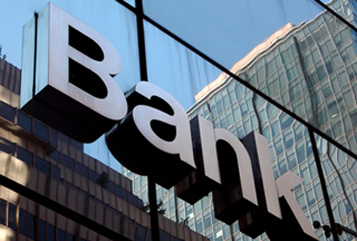
Personal information from 76 million households may have been compromised as part of the cyberattack. The biggest risk is that the thieves will try to extract more sensitive information from affected consumers. “I would be very conscious of the email you get in the next year, which could be related to this hack,” Pam Dixon, executive director at the World Privacy Forum, said. Those who want to add a layer of security to their financial life should consider a “security freeze,” which prevents someone from trying to open a new account in a consumer’s name. Read More ›
JPMorgan Chase Hacking Affects 76 Million Households
by Jessica Silver-Greenburg, Matthew Goldstein and Nicole Perlroth, The New York Times

A cyberattack this summer on JPMorgan Chase compromised the accounts of 76 million households and seven million small businesses, a tally that dwarfs previous estimates by the bank and puts the intrusion among the largest ever. Unlike retailers, JPMorgan, as the largest bank in the nation, has financial information in its computer systems that goes beyond customers’ credit card details and potentially includes more sensitive data. Even if no customer financial information was taken, the apparent breadth and depth of the JPMorgan attack shows how vulnerable Wall Street institutions are to cybercrime. Read More ›
JPMorgan and Other Banks Struck by Hackers
by Nicole Perlroth, The New York Times

Hackers struck a number of U.S. banks in coordinated attacks this month that siphoned off gigabytes of data, including checking and savings account information, in what security experts described as a sophisticated cyberattack. Aside from JPMorgan, it was not clear which other banks were infiltrated. A security firm had warned companies that they should be prepared for cyberattacks from Russia in retaliation for Western economic sanctions. The American banking sector has been a frequent target for hackers in recent years, with the vast majority of attacks motivated by financial theft. Read More ›